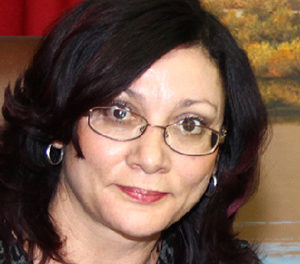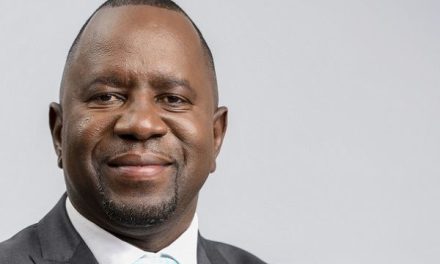
The burning platform! – Do you jump or do you wait?

By Rikus Grobler, www.nis.co.na, [email protected].
With all the disruption that is going on in the world now, I want to “disrupt” my planned sequence of articles again with this delivery. All the subscriptions and blogs I follow are discussing and debating the matter of how to handle the current changes that are forced upon us. And since the old saying goes, “don’t let a good crisis go to waste!” I want to share a couple of views and opinions I found helpful.
Burning platform
A senior manager in a large organisation in Namibia complained to me last week that he just can not get the organisation to “change its ways” and that it is “so difficult to try something new here.” He then made the statement that if he could just “create a crisis” to “force” people to change. He was inadvertently referring to the “burning platform,” which is change management jargon to describe an urgent situation that essentially forces people to change their behaviour.
Apparently, the term has its origin in an incident involving an explosion on an oil rig, and some of the workers had to choose between possible rescue from the flames or to jump into the freezing ocean and risk almost certain death from hypothermia. Some men chose to jump – and they lived, despite being terribly injured, thanks to a rescue operation mounted by sea. The men who chose to stay put, sadly, perished, as helicopters failed to make it in time.
As the story illustrates, the situation (take the jump or face certain death) forces you to make a decision that you otherwise would never consider. An often-cited example of a burning platform was that experienced by Nokia in 2011. Once dominating the market, other phone companies – Apple, Google, and Samsung – had eroded Nokia’s share. The Chief Executive, Stephen Elop, sent a memo to all staff telling them that if the company was to survive, it had no choice but to join forces with Microsoft and move its products over from its own – superior – operating system to Windows 8.
It seems that the term ‘burning platform’ is not popular with everybody since there is a perception that it implicitly refers to the active use of panic and that ‘creating a burning platform’ is about the use of fear in order to create a sense of urgency. I can respect such a viewpoint, but I prefer to take the perspective of Luc Galoppin, who takes the view that it is more about commitment and courage than it is about creating panic and fear.
The story about the origin of the term contains some powerful learning about the need to respond positively and proactively to serious strategic challenges. The current challenges faced by the world, and more specifically, Namibia, were imposed on us abruptly, giving us little time to prepare a proper response. We are all well aware that severe changes are coming to our economic and social environments. Some businesses are already experiencing it. Understandably, fear and panic kick in, mostly caused by the fact that we don’t know what to expect with the pandemic spreading rapidly around the world. Not even well-respected economic thought-leaders want to have a go at predicting what is going to happen.
So here are my views.
First, fear is not the answer. Dale Carnegie said it best: “Inaction breeds doubt and fear. Action breeds confidence and courage. If you want to conquer fear, do not sit home and think about it. Go out and get busy.” Except of course, that you can not go out now… but you get the picture.
Second, tough times provide new opportunities for innovation. If the situation is dire, you should focus your innovation efforts on improving productivity and efficiency first to find ways to survive and make your core business more competitive going forward. However, a downturn is a great time to introduce new low-end innovations to the market since, even though there’s less demand overall, there will likely be more demand and willingness to try new services and products that offer more for less. It’s also much easier to uncover new problems that people weren’t previously aware of or at least did not consider to be a priority.
Many opportunities are evolving with the coming of the pandemic. All around the world, we are starting to realize what is really important and what are the “essentials” we thought we could not live without, and now we don’t even think about these things anymore.
I only want to highlight one massive opportunity in my view that you should think about now and use the current burning platform to exploit it. It is probably different for every business, but you have to ask yourself in these times of change how I can take my business online and how I can serve my customers by using the Internet. Now is absolutely the best time to develop that app you have been talking about for so long, get more customers (actually all your customers) to subscribe to your digital offerings, change your business model to an online one, create that e-commerce website, etc.
Next Time
I wish all the readers strength and courage during these trying times. You are always welcome to contact me to share some ideas or get some inspiration! I conclude with the wisdom of Dr. Henry Link: “We generate fears while we sit. We overcome them by action.”













































